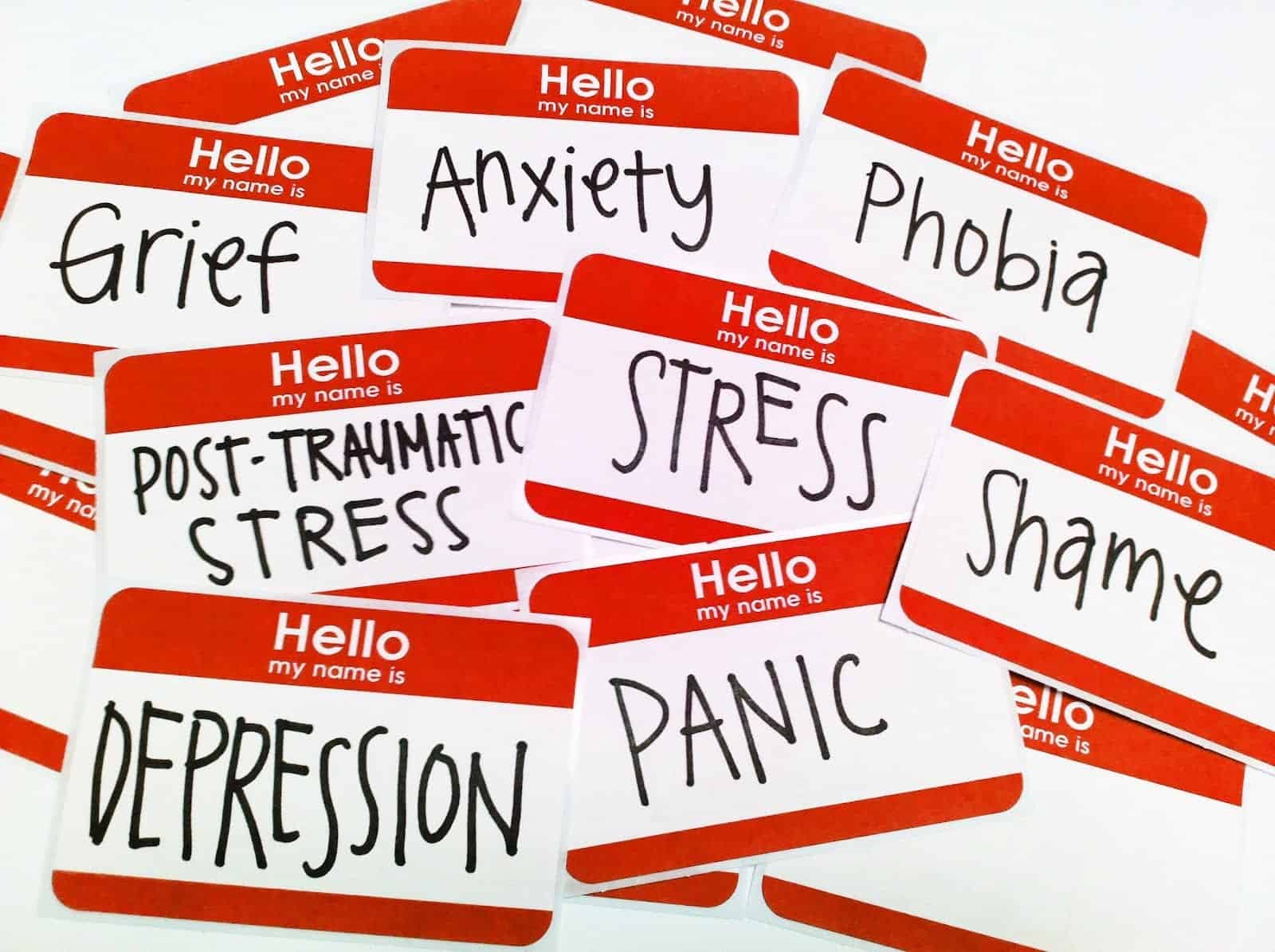COVID column: the nation’s state

It’s been a bumpy ride so far, and the Kraken’s here to remind us this ride may not end
On March 11, 2020, the Canadian government declared COVID-19 a pandemic, as did much of the world. By March 25, the government introduced the Canada Emergency Response Benefit in the hopes of providing financial aid to those employed and self-employed. Canada saw 3 million people lose their jobs in March and April of 2020.
In September of 2020, the second wave of COVID, known as the Beta variant, began. December saw the rollout of COVID-19 vaccines while surpassing 15,000 deaths related to the COVID-19 virus nationally. The Canadian government began to implement new measures to minimize the spread of the COVID-19 virus. These included proof of vaccinations, COVID-19 testing requirements for exit and entry into Canada, and the implementation of an app called ArriveCAN.
By March of 2021, the third wave of COVID-19 hit with the rise of a new subvariant called Gamma. Canada was then hit with a fourth wave in September with the rise of the Delta variant. A fifth wave of COVID was then reported in December of 2021, with subvariant Omicron. By January of 2022, Canada surpassed 33,000 deaths related to COVID-19. At that same time, inflation hit a 30-year high.
The implementation of new measures in response to COVID-19 has led to backlash from some of the Canadian public, as they compared our situation to the easing of restrictions seen in other countries at the time. The Canadian government does not require the use of ArriveCAN or vaccine passports as a part of daily life. The recent increase in cases and the zero-COVID policy in China has led the Canadian government to implement some previously helpful COVID-19 measures, such as testing those arriving to Canada from China.
New Omicron subvariant XBB.1.5 – called ‘the Kraken’ – is on the rise in Canada. It is believed that the new surge of this variant in Canada comes after a huge surge in cases in the United States from a few months ago. The World Health Organization has deemed the Kraken to be the most transmissible variant so far.
As COVID-19 technical lead for the World Health Organization response to the pandemic, Maria Van Kerkhove said in a recent press conference that “The reasons for this are the mutations that are within this subvariant of Omicron allowing this virus to adhere to the cell and replicate easily.” Dr. Lisa Barrett, who is an assistant professor in the Department of Microbiology at Dalhousie University, told CTV News that current vaccines will continue to help fight against this new variant. It is unclear how the Canadian government will respond to the new variant, especially after the backlash they received from the implementation of new-old measures. The Public Health Agency of Canada believes that it’s too early to tell how fast this new variant has spread across Canada, but experts are saying that people should be prepared to engage in health measures. This new variant has proven to experts and society that COVID-19 is here to stay, and that preventative health measures may have to become a part of everyone’s daily lives. COVID-19 is a virus that is likely to continue to mutate, creating subvariants that will continue to spread, therefore making precautionary measures more vital in minimizing the spread and severity of the virus.










